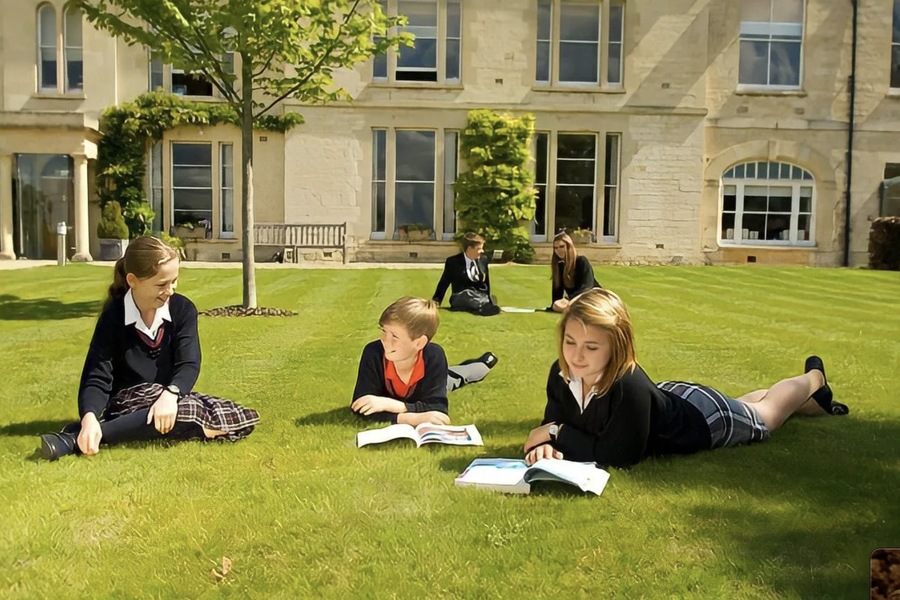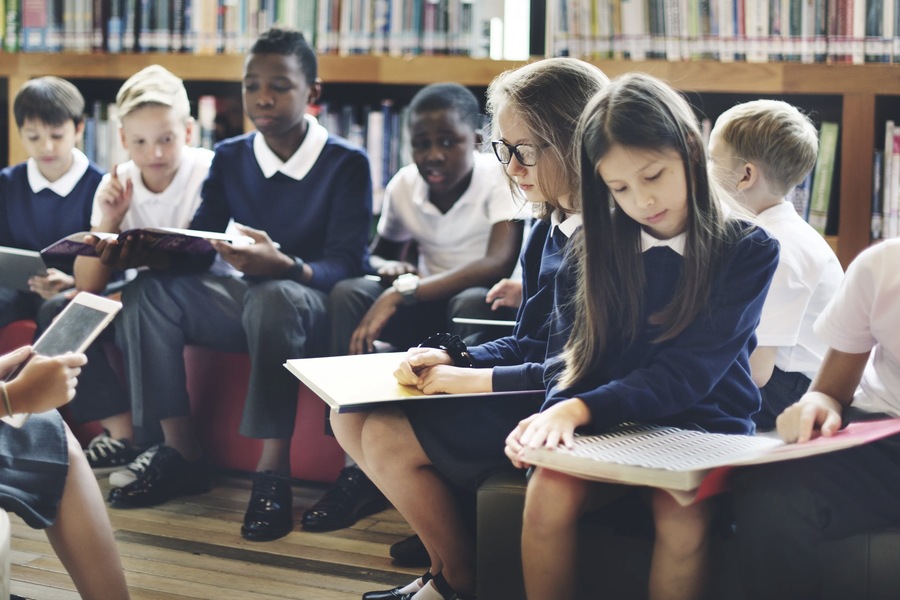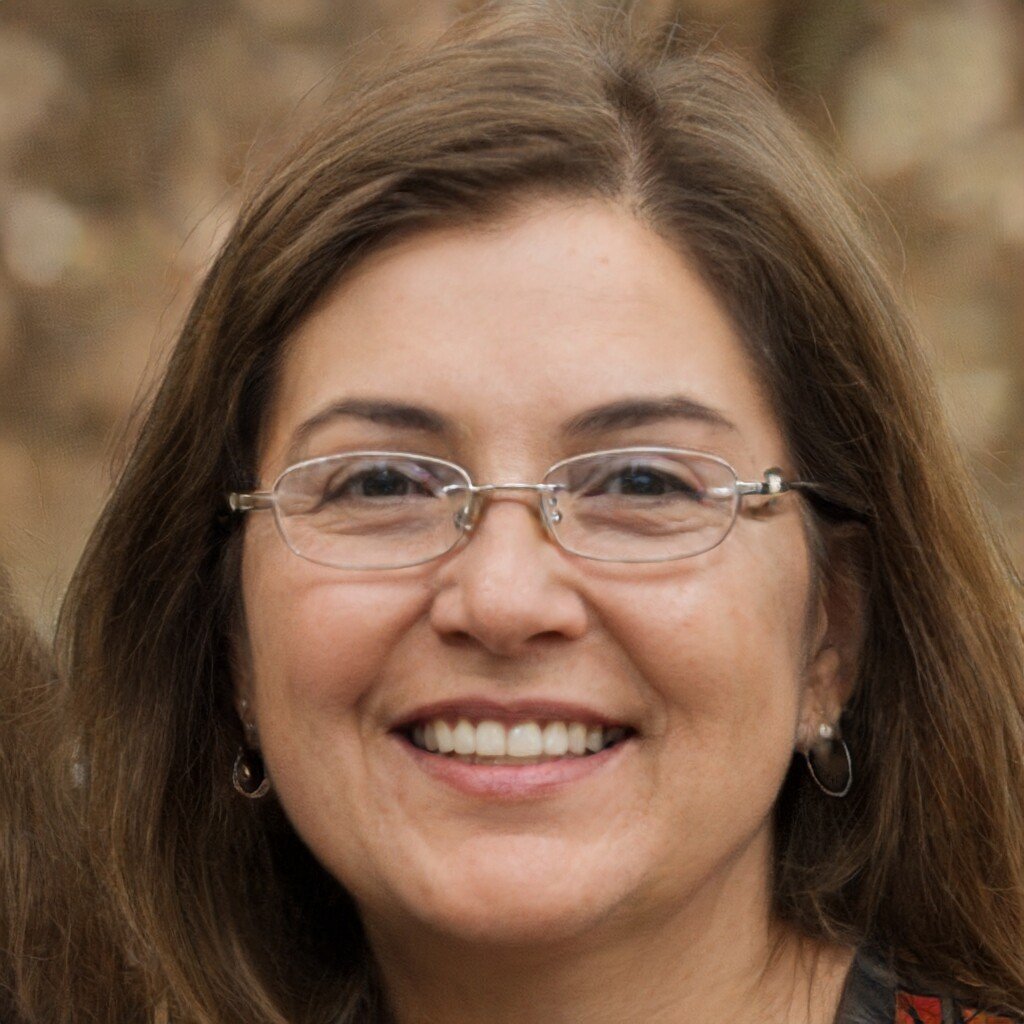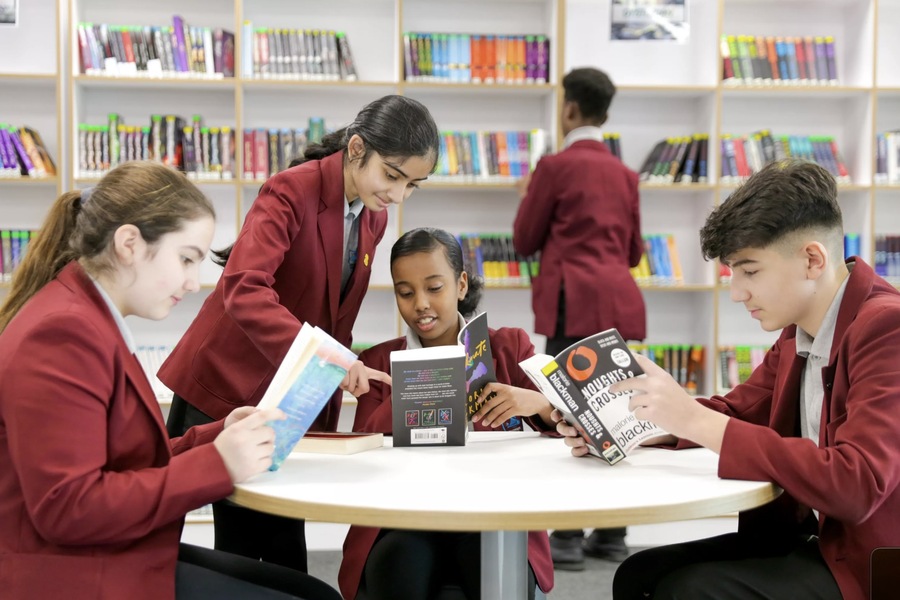The debate over the quality of education in private versus state schools has long been a topic of discussion among parents, educators, and policymakers. A growing consensus suggests that the level of education in private schools, such as City American School, is incomparably higher than in state schools. This article will explore the various reasons why private schools offer superior education, the different types of private schools available, and the infrastructure and safety measures that set them apart.
Reasons for Superior Education in Private Schools
Individual Approach
One of the most significant advantages of private schools is their ability to provide an individualized approach to education. With smaller class sizes, teachers can give more personalized attention to each student. This allows educators to identify and address the unique needs, strengths, and weaknesses of each child, tailoring their teaching methods accordingly. In contrast, larger class sizes in state schools often make it challenging for teachers to offer the same level of individual attention.
Modern Curricula
Private schools have the flexibility to design and implement modern curricula that cater specifically to the needs and interests of their students. This can include a diverse range of subjects and innovative teaching methods that accommodate different learning styles. Private schools are not bound by the standardized curricula that state schools must follow, allowing them to incorporate cutting-edge educational practices and technologies.
Strict Quality Control
Private schools undergo rigorous accreditation processes every four years to ensure they maintain high educational standards. This accreditation evaluates various aspects of the school’s operation, including curriculum quality, teaching methods, facilities, and overall school environment. The stringent quality control measures help ensure that students receive a top-tier education.
International Programs
Many elite private institutions have international accreditation, enabling them to offer globally recognized programs such as the International Baccalaureate (IB) or Advanced Placement (AP) courses. These programs provide students with a comprehensive education that meets international standards and prepares them for higher education opportunities worldwide. Graduates from these programs often enjoy preferential admissions to prestigious foreign universities.

Types of Private Schools
Private schools vary widely based on their orientation and educational philosophy. Here are some common types:
Schools with an Individual Development Vector
These schools focus on the personal growth of each child, placing the individual at the center of the educational process. The curriculum and activities are designed to develop the child’s unique talents and interests, fostering a sense of self-confidence and independence.
Family Schools
Family schools can range from small groups of parents forming a cooperative to fully licensed educational institutions. They offer a more intimate learning environment, often emphasizing close collaboration between parents and teachers to create a supportive community for students.
Boarding Schools
Boarding schools provide both education and accommodation, allowing students to live on campus. This format combines rigorous academic programs with structured living environments, fostering independence and a strong sense of community among students. Boarding schools often offer extensive extracurricular activities, ensuring a well-rounded education.
Specialized Schools
Specialized private schools focus on particular areas of interest or talent. For example:
– Mathematical Schools: These schools emphasize mathematics and physics, offering advanced courses and research opportunities for students with a strong aptitude in these subjects.
– Humanities Schools: These institutions focus on foreign languages, music, art, literature, history, and other humanities subjects, nurturing students’ cultural and creative talents.
– Sports Schools: Designed for athletically inclined students, sports schools provide intensive training in various sports alongside academic education. They often have state-of-the-art facilities and professional coaching staff.
General Schools with Internal Specialization
These schools do not have a specific profile but may offer specialized classes or streams within the school. For example, they might have separate tracks for humanities and mathematics, allowing students to focus on their areas of interest while still receiving a broad education.
Infrastructure of Private Schools
The infrastructure in private schools is often superior, providing a comprehensive environment for both academic and extracurricular activities:
Sports Facilities
Private schools typically have extensive sports facilities, including football and basketball fields, tennis courts, swimming pools, and gymnasiums. These facilities enable students to engage in sports at a high, often semi-professional level, promoting physical fitness and teamwork.
Extracurricular Clubs and Sections
A wide variety of clubs and activities are available in private schools, such as drama studios, dance groups, orchestras, and choirs. These activities foster creativity, teamwork, and personal growth, allowing students to explore their interests and develop new skills.
Creative Self-Realization Facilities
Many private schools have their own theaters and performance spaces, where students can showcase their talents in the arts. These facilities provide opportunities for creative expression and help build confidence and public speaking skills.
Medical Centers
On-campus medical centers with doctors and nurses ensure students receive immediate medical attention when needed. These centers are equipped to handle minor injuries and illnesses, providing peace of mind for parents and students alike.
Accommodation
Boarding schools provide residential facilities with separate accommodations for boys and girls, offering a conducive environment for study and relaxation. These residences are often well-equipped with comfortable living spaces, study areas, and recreational facilities.
Technological Equipment
Private schools are well-equipped with computers, interactive boards, multimedia tools, and modern scientific laboratories. This technological infrastructure enhances the learning experience, enabling students to engage with digital resources and hands-on experiments.
Libraries
Well-stocked libraries with a wide range of books and digital resources support academic research and leisure reading. These libraries often include study areas and access to online databases, providing students with the tools they need for academic success.

Safety Measures in Private Schools
Safety is a paramount concern in private schools, and they implement various measures to ensure a secure environment:
CCTV Systems
Surveillance cameras monitor activities within school buildings and on campus, ensuring a safe environment for students and staff. These systems help prevent and respond to incidents of bullying, vandalism, and unauthorized access.
Electronic Access Control
Electronic access control systems track and control entry to school buildings and different zones within the campus. This enhances security by ensuring that only authorized individuals can access certain areas, reducing the risk of intruders.
Alarm Systems
In emergencies, alarm systems can quickly alert the necessary services and initiate safety protocols. These systems are designed to handle various scenarios, including fire alarms, lockdowns, and medical emergencies.
Experienced Staff
Trained security personnel and staff with safety expertise help maintain a secure atmosphere and assist in educational activities. These professionals are skilled in crisis management and work closely with students to ensure their well-being.
Safe Transportation
GPS-enabled tracking systems in school buses and controlled access points ensure safe transportation for students. These measures help parents and school administrators monitor bus routes and ensure students arrive safely at their destinations.
Example of Excellence: City American School (CAS), Ajman
City American School (CAS) in Ajman exemplifies the excellence of private education. It aims to develop each student into a lifelong learner and courageous global citizen. CAS focuses on creativity, inclusiveness, and character development. The school offers a comprehensive American curriculum designed to meet international standards, providing students with the skills and knowledge they need to succeed in a globalized world.
CAS boasts state-of-the-art facilities, including modern classrooms, science and computer labs, a well-stocked library, sports facilities, and creative arts spaces. The school’s commitment to safety is evident through its robust security measures, including CCTV surveillance, electronic access control, and experienced security personnel.
The cost of education at CAS reflects the quality and comprehensive nature of the educational experience provided. For example, the tuition fee for grade 7 is 29,100 AED, which covers a wide range of academic and extracurricular activities designed to nurture the holistic development of each student.
Conclusion
In summary, private schools offer a superior education due to their individualized approach, modern curricula, stringent quality controls, and the ability to include international programs. The variety of private school types allows parents to choose the best fit for their child’s needs, while the robust infrastructure and advanced safety measures ensure a secure and enriching environment for students. Private schools like City American School in Ajman set a high standard for educational excellence, preparing students for successful futures in a global context.

Hiking addict, vegan, fender owner, Eames fan and brand builder. Working at the nexus of simplicity and intellectual purity to answer design problems with honest solutions. Concept is the foundation of everything else.
